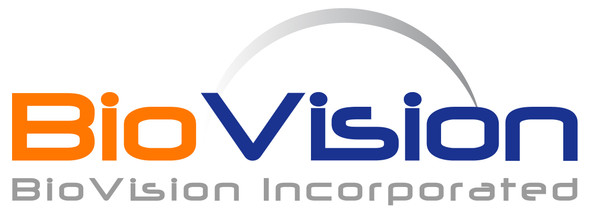Description
AKR1B10, human recombinant is available at Gentaur for Next week delivery.
Involved in in the detoxification of aldehydes and ketones
Biomolecule/Target: AKR1B10
Alternates names: Aldo-keto reductase family 1, member B10, AKR1B11, AKR1B12, ALDRLn, ARL-1, ARL1, HIS, HIS.
Synonyms: Aldo-keto reductase family 1, member B10, AKR1B11, AKR1B12, ALDRLn, ARL-1, ARL1, HIS, HIS.
Background Information: AKR1B10 is a monomeric protein that efficiently catalyzes the reduction of aromatic and aliphatic aldehydes and ketones. AKR1B10 is ubiquitously expressed in many human tissues but is highly expressed in small intestine, colon and adrenal gland. This protein is pathogenically involved in diabetic complications. It has been reported that AKR1B10 is overexpressed in human tumors, such as liver, breast, and lung cancer, and may play a critical role in the development and progression of cancer.
Reconstitution Instructions: N/A
NCBI Gene Symbol: AKR1B10
Gene ID: 57016
NCBI Accession: O60218
Additional Information
Size: |
1 mg |
Country of Manufacturing Origin: |
USA |
Country of Animal Origin: |
USA |
Gene Source: |
Human |
Recombinant: |
Yes |
Source: |
E. coli |
Purity by SDS-PAGE: |
≥98% |
Assay: |
SDS-PAGE |
Purity: |
N/A |
Assay 2: |
N/A |
Endotoxin Level: |
N/A |
Activity (Specifications/test method): |
N/A |
Biological activity: |
The specific activity of AKR1B10 with 5 mM glyceraldehyde is approximately ~100 mU/mg. (Specific activity is calculated by the decrease of absorption at 340 nm in presence of 2-10 µg AKR1B10, 5mM glyceraldehyde, 200 µM NADPH in 0.1 M sodium phosphate |
Results: |
~100 mU/mg |
Molecular Weight: |
36 kDa |
Storage Temperature: |
-20°C |
Shelf Life: |
12 months |
Concentration: |
1 mg/ml |
Appearance: |
Liquid |
Handling: |
Centrifuge the vial prior to opening. |






